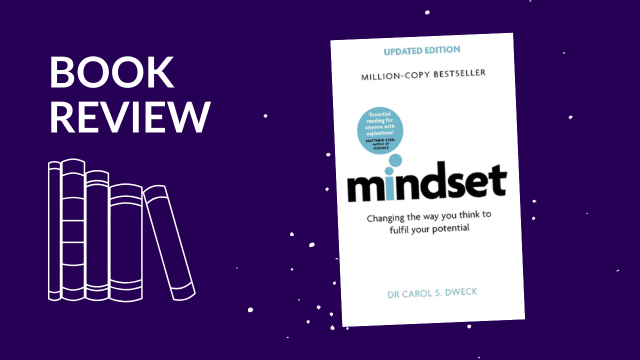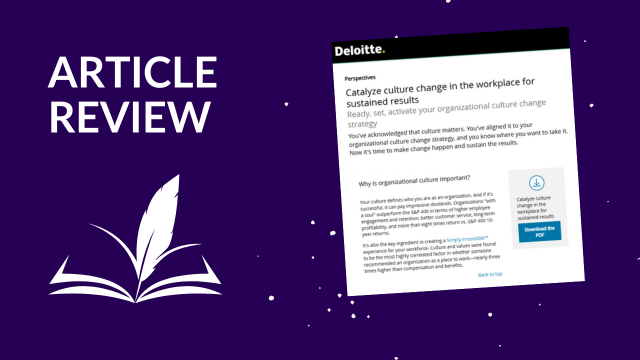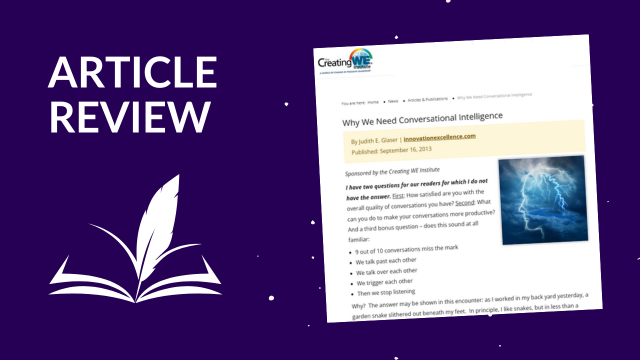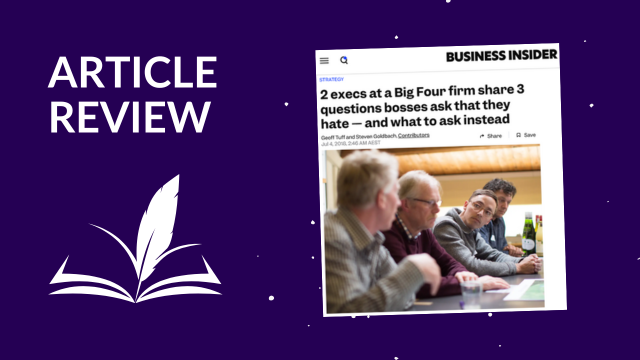We tend to play a responsive role in a dynamic environment. Leaders—whether in the C-suite or further down in the organization—determine the changes to be made, and then call on our support as change practitioners to help make them happen successfully. We may or may not be called on to monitor changes in the external environment in order to identify factors that will affect our execution plans…or the direction of the change itself.
Yet what is happening in the world around us, and how it is redefining the workplace, is critical to our ability to be successful. As one example, we develop multi-year execution plans for a workforce that is shifting dynamically, and dramatically. The Future of Work: The Augmented Workforce identifies Artificial Intelligence, robotics, and cognitive tools as fundamentally shaping the workforce, and emphasizes our organizations’ lack of preparedness for what they refer to as “new human models.”
How do these shifts in the workforce affect change execution? What is the impact on the effectiveness of our methodologies, our processes, and the counsel we give when a rapidly growing portion of the workforce consists of contract employees? Does the more transient nature of the workforce of the future make change easier, or more difficult, to execute? What responsibility, if any, do we have for bringing these issues to the fore with the leaders whom we support?







